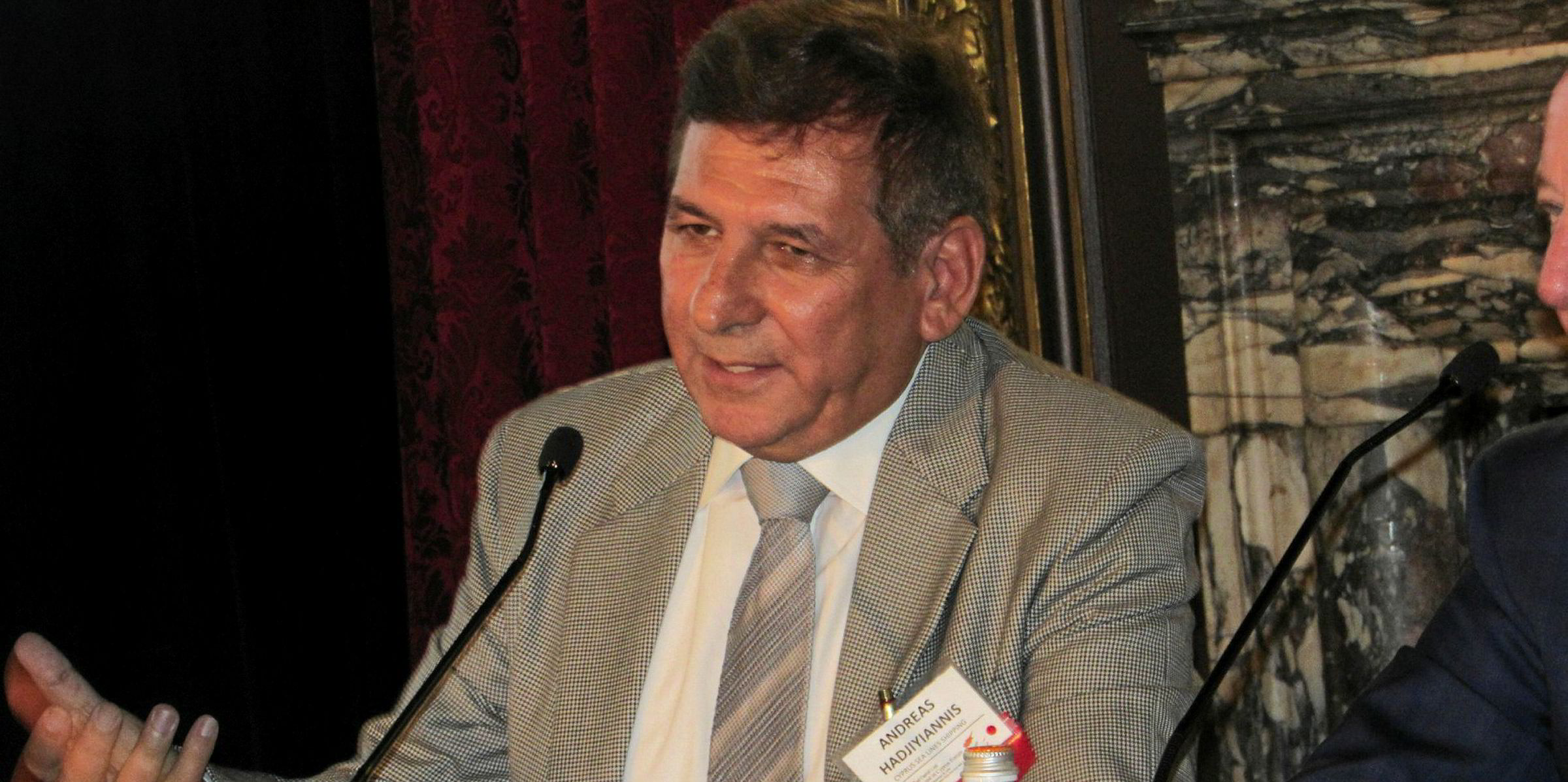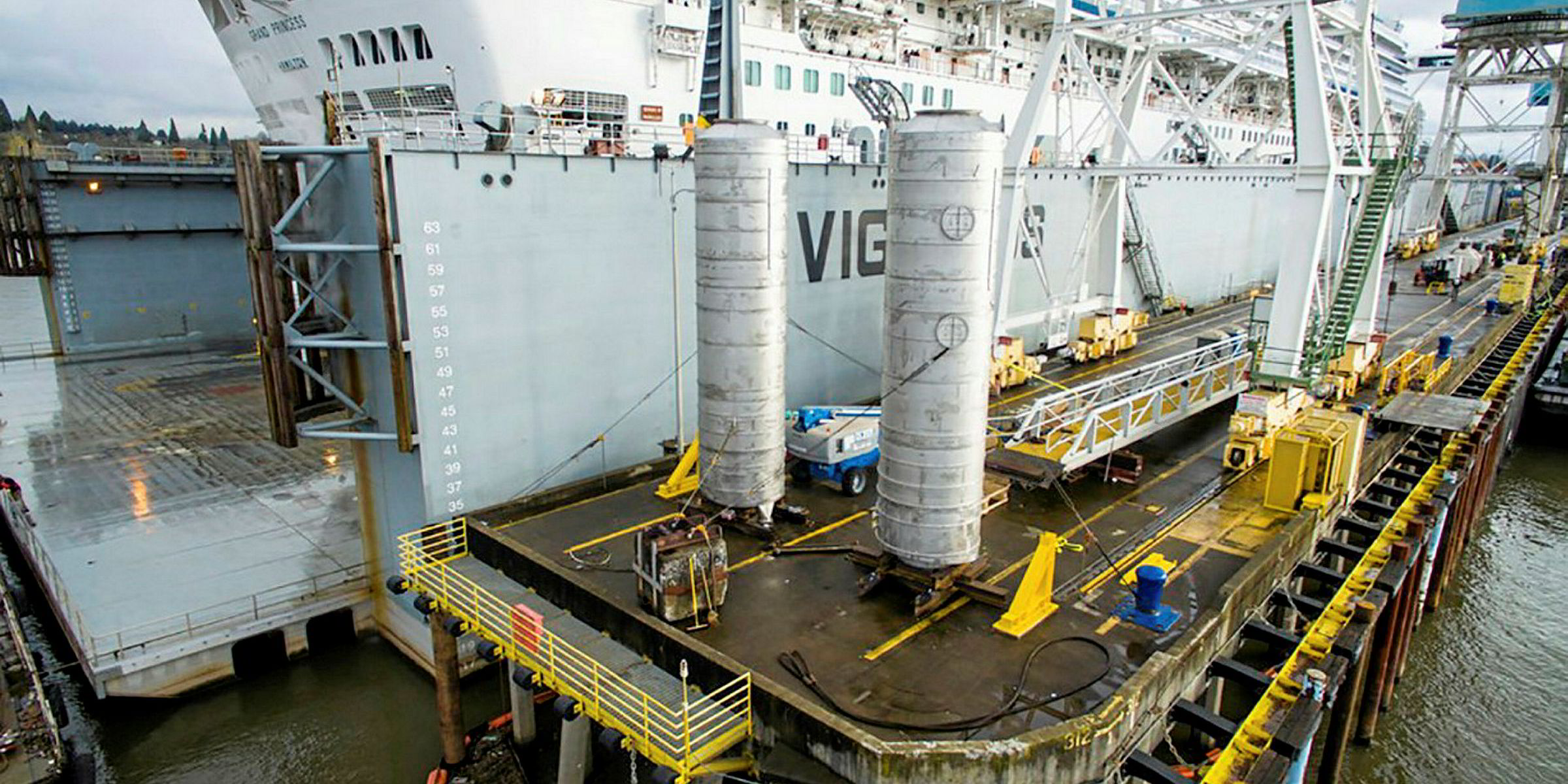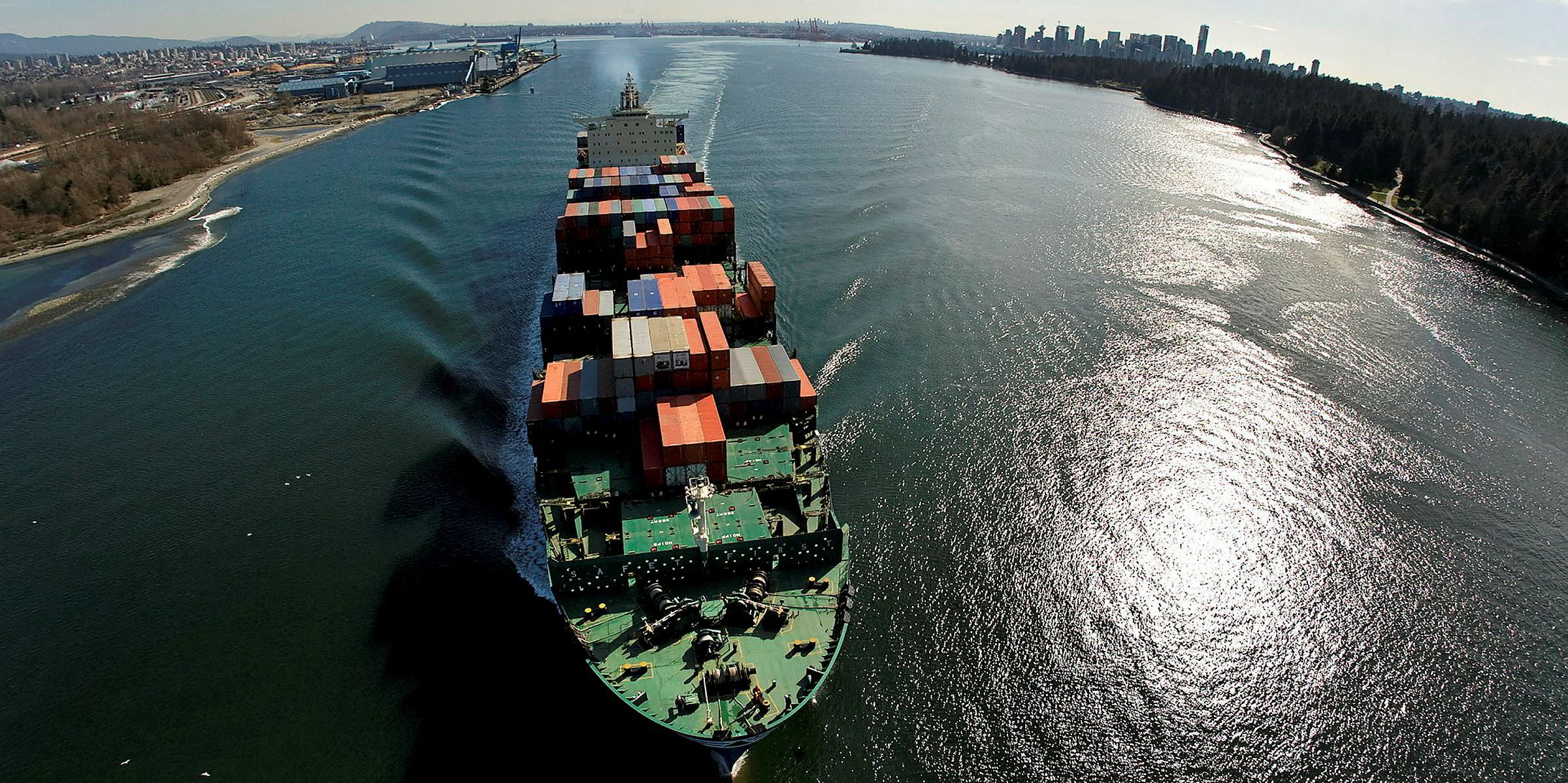Shipowners are understandably proud of their entrepreneurial nature and “every man for himself” attitude. There are low barriers to entry and you stand or fail on your own skills when operating vessels.
This open market makes for a vibrant, colourful industry. Fortunes can be made and deep market downturns withstood.
But the laissez-faire model has its limitations. And those limitations are being tested by the new demands of environmentalism and climate change.
Scrubbers are the current focus of debate.
There are disagreements over whether the sulphates released from open-loop scrubbers are harmful to the ocean environment or within normal regulatory bounds.
All at sea over IMO 2020
IMO 2020 low-sulphur fuel regulations come into force in less than 10 months, yet the industry is all at sea over how to deal with them.
The IMO, which has mandated this change from 1 January, is at the centre of the scrubber storm.
Andreas Hadjiyiannis, president of the Cyprus Union of Shipowners, calls the IMO a “disgrace”. The United Nations’ standard-setting authority is being blamed for not phasing in — rather than abruptly enforcing — the 0.5% sulphur content cap on bunkers.

But it is also clear that many shipowners have tried to put off taking a decision on how to tackle the low-sulphur regulations until it is too late. Some who decided to fit exhaust gas cleaning systems to their vessels have found out they cannot get the equipment in time.
Meanwhile, an array of ports are taking arbitrary decisions to ban ships from discharging wash water from the most popular and cheapest open-loop scrubbers.
If this trend gathers pace and begins to cover most ports, as some experts predict, it will muddy the waters further.

This would not affect closed-loop scrubbers or hybrid systems, but these are more expensive and have had far fewer sales so far. These technologies can also take up much more space on a vessel that could be used for cargo.
Whether to fit them depends to some extent on predictions about low-sulphur fuel availability, charter rates and other considerations.
No one comes out of this episode well. There should have been much more research done over many years to ensure the scientific basis for all kinds of scrubbers could be justified
Understandably, shipowners who have invested in open-loop scrubbers are furious that the credibility of the technology is now being questioned.
Some owners have broken with their traditional go-it-alone code and formed the Clean Shipping Alliance 2020 to lobby against the critics.
The alliance has brought together some of the most independent owners of them all, including John Fredriksen and Idan Ofer. It is particularly incensed that the European Commission is among the organisations that are only now raising concerns.
The EC is calling for more research to be done on the potential harm of an open-loop set-up. The fear is that this will embolden a significant group of critics, and ultimately, lead to a ban on the units.
Review of guidelines
The IMO is meant to be reviewing its guidelines for scrubber use this year. It would be astonishing — and highly unlikely — if it too began to question the open-loop system.
No one comes out of this episode well.
There should have been much more research done over many years to ensure the scientific basis for all kinds of scrubbers could be justified.
It is a harbinger of what could happen if more research and development work is not done now to find solutions to full decarbonisation.
Collective industry-wide and coordinated action is needed. Global warming requires global solutions more than individual endeavour.





